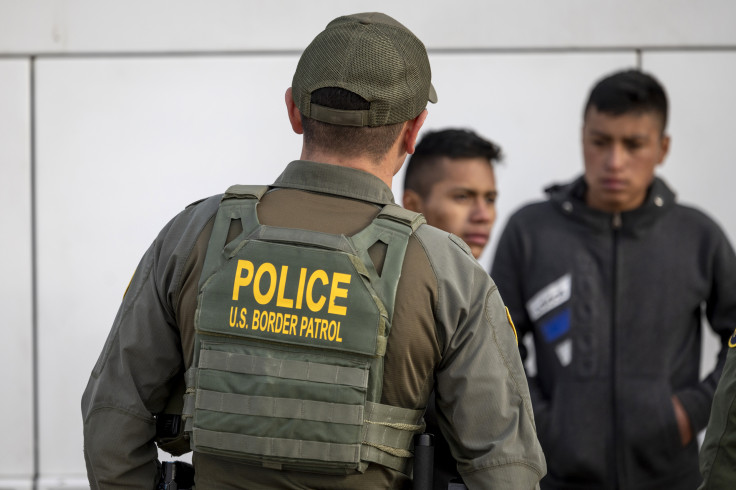
Back in July, amid extreme weather conditions at the border, Migrants in Mexico were urged not to attempt border crossings. The Mexican government even went as far as to report 155 heat-related deaths in June close to the border, although they didn't clarify how many of the victims were attempting to cross. The heat, along with other risks, had resulted in 164 deaths in the El Paso region by June, a number that already surpassed the 2023 total.
The striking number of migrant deaths has had it's toll on Border Patrol agents, many of whom frequently discover bodies or attempt rescues under hazardous conditions. The rising number of fatalities, along with the challenges inherent in border enforcement, has contributed to a mental health crisis within U.S. Customs and Border Protection (CBP), according to a sprawling new report by USA Today.
Back in 2022, 15 Border Patrol agents died by suicide, prompting CBP and the Department of Homeland Security to take swift action and significantly expand mental health support for its agents over the last 18 months. So far this year, seven agents have died by suicide.
The agency has since bolstered peer support programs and hired six operational psychologists to be stationed inside Border Patrol facilities, with plans to increase that number in the near future. Agents now also have access to resilience training and initiatives such as backup childcare services and a specialized K-9 program designed to provide emotional support.
CBP officials say the mental health crisis stems from several factors, which include the stress of navigating shifting immigration policies, the dangers of patrolling remote and rugged terrain, and the emotional toll of encountering families and children in dire conditions.
Many agents report that the hardest part of the job is when rescue efforts fail. The increase in migrant deaths has coincided with a rise in rescues, with more than 900 people saved in the El Paso sector this year, compared to 600 last year.
CBP has also made policy changes to encourage agents to seek help without fear of losing their jobs. Agents who express suicidal thoughts are no longer permanently disarmed, as mental health is now treated similarly to a physical injury. Those in need of support are allowed time to recover and rehabilitate without the previous stigma of being sidelined indefinitely.
"Changing the culture is one of these things that doesn't happen overnight," said Peter Jaquez, CBP's first executive director of workforce care told USA Today. "But we've taken tremendous strides. We're removing that stigma of asking for help."
© 2025 Latin Times. All rights reserved. Do not reproduce without permission.







